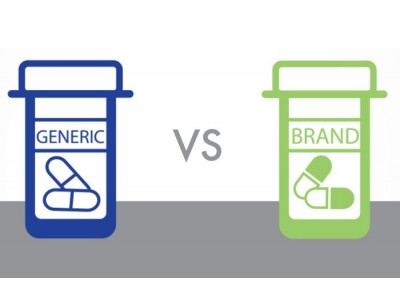Generic medicines are generally as effective as their brand-name counterparts. This effectiveness is backed by rigorous regulatory standards that require generic medications to demonstrate bioequivalence to the original branded drug. Bioequivalence means that the generic version delivers the same amount of active ingredient into the bloodstream in the same timeframe as the brand-name drug.
Also read atenolol isa.
The approval process for generics involves demonstrating that they meet strict criteria set by regulatory agencies such as the FDA in the United States or the EMA in Europe. These agencies require extensive testing to ensure that generics perform the same way in the body as the brand-name drugs they are modeled after.
Studies and real-world use consistently show that generics provide comparable therapeutic effects to brand-name drugs. This similarity in effectiveness extends across various categories of medications, from antibiotics to chronic disease treatments.
One notable advantage of generics is their typically lower cost compared to brand-name drugs. This affordability can increase access to essential medications for patients and healthcare systems alike without compromising quality or effectiveness.
However, while generics are highly effective for most people, individual responses to medications can vary. Factors such as differences in inactive ingredients or specific patient conditions may occasionally impact how well a generic medication works for a particular individual.
In summary, generic medicines are proven to be effective and safe alternatives to brand-name drugs due to stringent regulatory standards. They play a crucial role in healthcare by providing affordable treatment options while maintaining therapeutic efficacy comparable to their branded counterparts.
